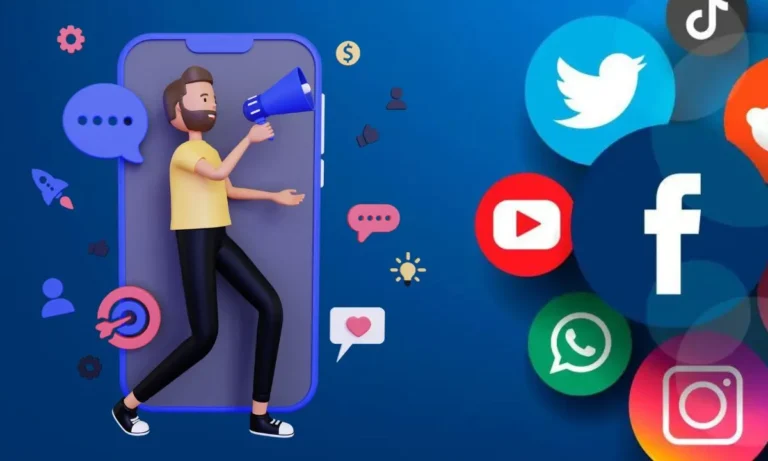The Case for State Net Neutrality Laws
In a CCMI blog by Andrew Regitsky, the author argues that buying ISP service is not local and that 50 state laws is bad for consumers.
Regitsky writes, “Personally, I find the arguments for 50 state net neutrality laws specious. They fail to consider the regulatory costs to ISPs that will be passed on to consumers for having to comply with 50 individual laws.” That’s the same BS we have been hearing since the telecom act went into effect! Too much regulation — but the ISPs are currently deregulated and are not subject to any regulatory costs — and the US has the most expensive broadband in the G20. Also, there is nothing innovative about the Big ISPs! Cripes, AT&T just recently stopped selling DSL. Ma Bell still sells VDSL but the ADSL put forth in 1999 has just now been mothballed.
AR goes on, “They also assert that more laws will result in more ISP innovation. However, that makes no sense. Costly research and investment are easier to cost justify when a company can do so over a larger number of potential customers. Coke doesn’t perform research on different varieties of soda to sell one flavor in New York and another in Mississippi.” Actually, that’s incorrect. Coke launches products regionally as do fast food franchises and other companies that have the data to do so. It’s also a horrible analogy because Internet is purchased locally, not nationally. Has he ever been a buyer for network from Comcast, Charter, AT&T or Verizon for Fortune 5000 clients? It is a patchwork effect since none of these giants cover the 50 states.
Further, he writes, “There are good reasons that Internet service has always been classified as an interstate service with the FCC permitted to pre-empt state laws that conflict with its own.” Yeah, Power. Plus the Internet came out of a DARPA project and the network and backbone are international in scope and reach. Yet the last mile, the actual user is Local.
“While it might be deeply satisfying for some folks to want to “put it to” the ISPs, in the long run consumers will lose through paying higher broadband prices and having fewer innovative services available if states control the Internet.” Does the author not understand that there isn’t competition for broadband in America? Cable owns over 60% of the market. Most consumers have NO choice in ISP. Most consumers have only 2 possible providers – telco or cable. In total, at least 83.3 million Americans can only access broadband through a single provider.
The pandemic did a great job in demonstrating that broadband cap limits by cablecos were just about money; that there is a Digital Divide; and that not all internet service is equal. In fact, it so expensive to get internet that the federal government is now subsidizing it!!! That should signal that it is a Utility and not a perk. And should regulated as such!.
Love to know what innovation and competition the author – a supposed industry expert in inter-carrier compensation, universal service and lately, Internet regulation, who swallowed too much kool-aid from his former employers – seems to think is out there.

